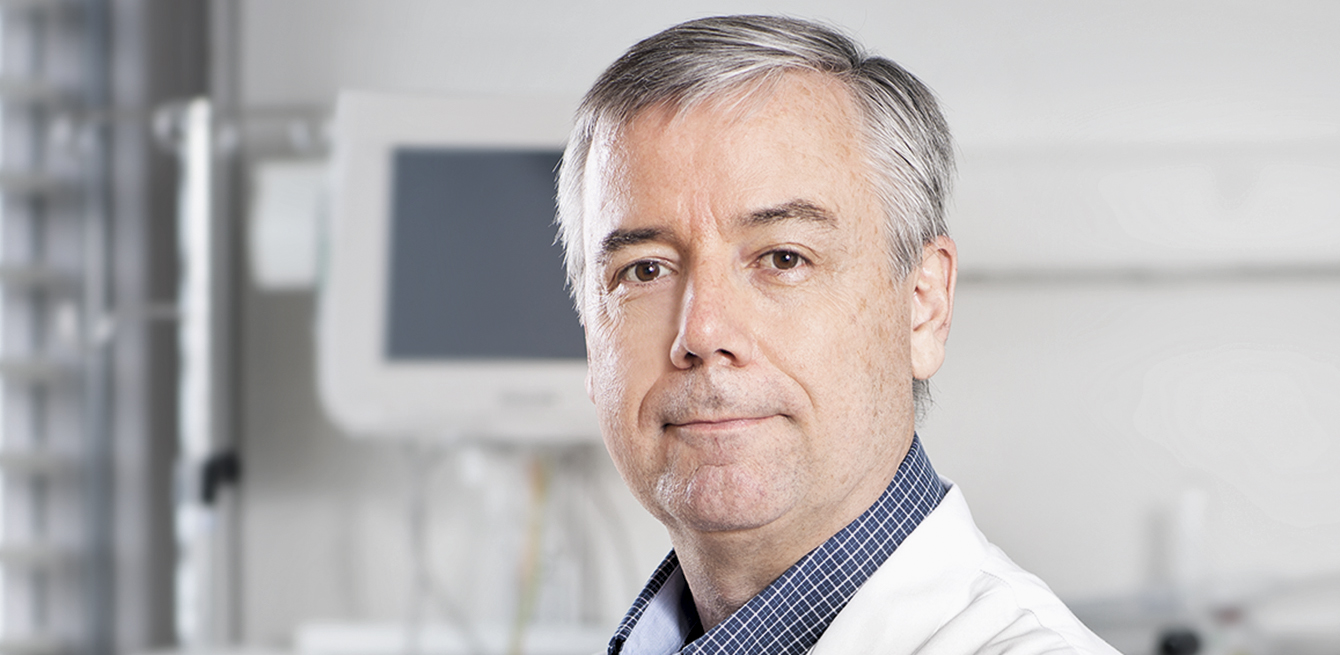
With the lack of available organs in Switzerland already a problem, organ transplant centres now have to deal with the ageing population, says Manuel Pascual, chief physician of the Service of Organ Transplants at Lausanne University Hospital.
In Switzerland, six hospitals have an organ transplant centre. These centres are where the entire process is carried out, from transplant match tests to support through the waiting period, up to the transplant and post-operative follow-up.
We are dealing with donors who are older than those a few years ago (editor’s note: the average age of donors went from 52 in 2013 to 55 in 2017, reports Swisstransplant). The number of young donors, such as victims of road accidents, has decreased, fortunately, but the number of victims of disease or cardiovascular accidents, who tend to be older, has risen. Organs from an older individual may not function as well. Ideally, we should avoid transplanting a heart or kidney that has already been working for a while into a young person. We can often harvest a liver from an 80-year old, but for a heart, we generally don’t plan on taking the organ from someone older than 65 or 70.
We have to look at body shape, weight and height of both individuals. These factors are very important for lung and heart transplants. We also try to stay within the same age range. While waiting for an organ, some recipients get lucky. An excellent match (e.g. genetically, for a kidney) may become available, and their waiting time is significantly shorter. But that’s quite rare.
With a kidney transplant, the patient remains hospitalised for about 10 days after the operation. Then they go home, and after a month or two, depending on whether it’s a kidney, lung or heart transplant, they may regain an almost normal lifestyle. The scar generally takes six to eight weeks to heal, but it can take a little longer.
However, regardless of the type of transplant, the patient will have to take anti-rejection medicine, called immunosuppressants, for the rest of their life.
That’s extremely important to optimise the survival of the transplanted organ. Acute rejection can occur in some recipients, but that’s something we manage rather well. But chronic rejection is more complicated to prevent and treat. Sticking to the medication is therefore critical for transplant patients.
Manuel Pascual is chief physician of the Service of Organ Transplants at Lausanne University Hospital and medical director of the Transplantation University Centre in French-speaking Switzerland.